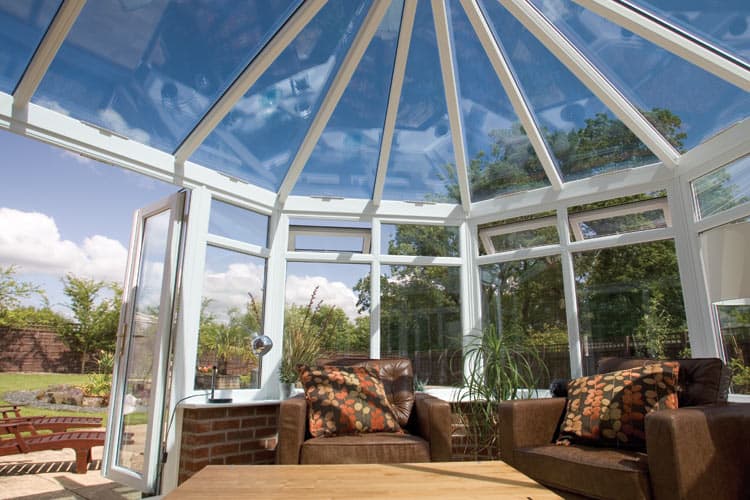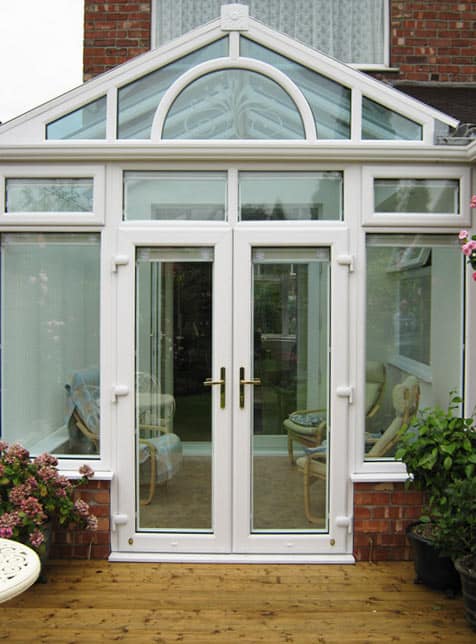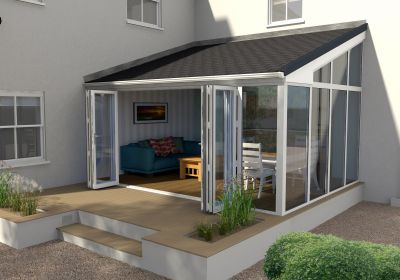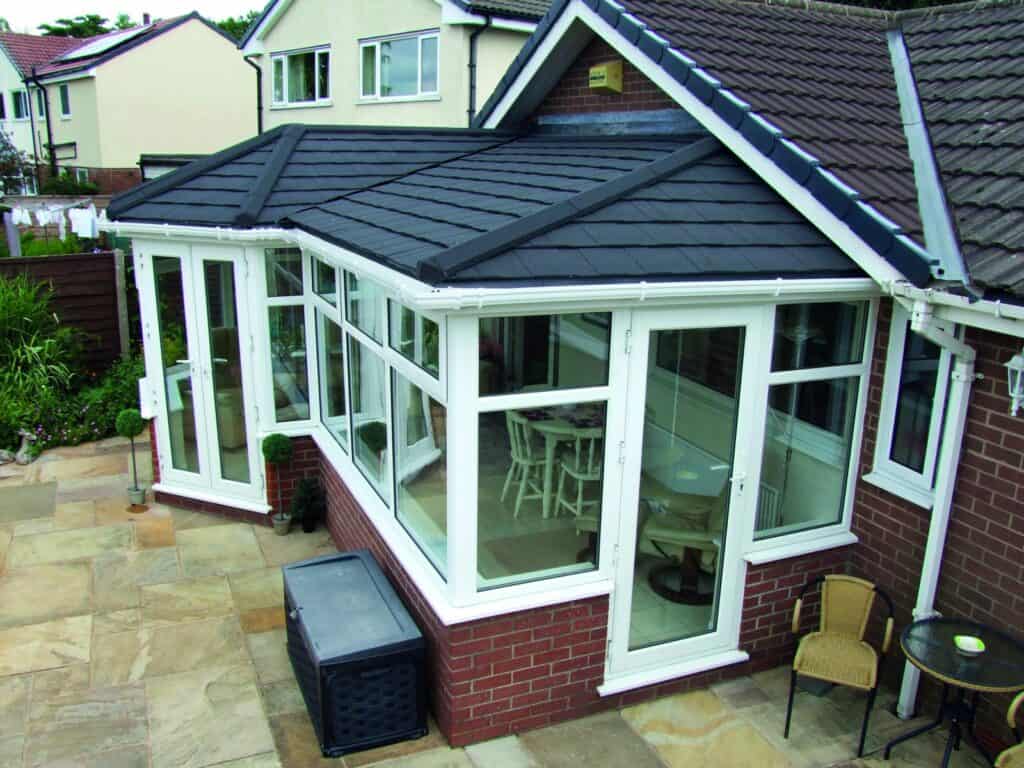5 Types of Luxury Home Extensions for 2025: Spotlight on uPVC Conservatories
At Reddish Joinery, we’ve been at the forefront of home improvement trends for over 50 years, and we’re excited to...
Read MoreLast Updated: 30 March 2023
Conservatories are a popular addition to homes, providing a seamless connection between indoors and outdoors while offering a comfortable space to enjoy natural light and scenery year-round. Whether you’re looking for a quiet retreat, a space for entertaining, or simply an extension of your living area, a well-designed conservatory can enhance the aesthetics and functionality of your home.
In this article, we’ll take a closer look at the different types of conservatories, who they are best suited for, and their pros and cons. So, if you’re considering adding a conservatory to your home, read on to discover what’s available and find the perfect fit for your needs.
The Victorian conservatory is characterized by its ornate design, inspired by the architecture of the Victorian era. It usually features a rounded, multi-faceted shape that creates a unique and elegant space. The intricate detailing and decorative elements, such as crestings and finials, make this style perfect for homeowners who appreciate classic beauty and a touch of grandeur.

The Edwardian conservatory is known for its rectangular or square shape, which maximizes floor space and creates a practical, functional room. With a pitched roof and minimalist design, this conservatory style offers a more understated elegance compared to the Victorian style. The simple lines and large windows allow for ample natural light, making it perfect for those who want a spacious and bright extension to their home.
The Georgian conservatory features a rectangular or square shape similar to the Edwardian style, but with a touch of refined elegance that comes from the Georgian era. This design often includes large windows with intricate glazing bars, creating a classic and symmetrical appearance. The pitched roof adds height and grandeur, making it an attractive choice for homeowners who appreciate traditional aesthetics.
The gable conservatory is characterized by its triangular front elevation and a steeply pitched roof that extends all the way to the ground. This design creates a sense of grandeur and height, adding a striking architectural element to any home.

The lean-to conservatory, also known as a Mediterranean or sunroom conservatory, is the simplest and most cost-effective option. It features a single-pitched roof that slopes away from the house and a rectangular floor plan.

The P-shaped conservatory combines the features of Victorian or Edwardian conservatories with a lean-to style, creating a unique and versatile space. The P-shape offers both a rounded and a rectangular section, allowing for multiple uses and providing an expansive addition to any home.

The T-shaped conservatory consists of a central projection that extends into the garden, resembling the letter “T.” This design often incorporates Victorian or Edwardian styles, combining elegance with practicality. The T-shape provides ample space for separate areas within the conservatory, making it perfect for homeowners who want a versatile living space.
The lantern conservatory is distinguished by its two-tiered roof, which features a central “lantern” that rises above the main roofline. This design adds height and drama to the room, as well as allowing for additional natural light to flood the space.
The orangery is a blend of a traditional conservatory and a home extension, featuring a solid brick or stone base with large windows and a glass roof. Originally used to house and grow citrus trees, orangeries offer a luxurious and sophisticated space with a more substantial feel than a typical conservatory.
Transform your home and enjoy the beauty of the outdoors all year round with our bespoke conservatories. From classic to contemporary styles, our skilled craftsmen will design, manufacture and install a conservatory that perfectly matches your home and lifestyle. Contact us today to schedule a consultation and let’s bring your dream conservatory to life!
At Reddish Joinery, we’ve been at the forefront of home improvement trends for over 50 years, and we’re excited to...
Read MoreUnderstanding when you need planning permission for an extension in the UK can be complex. This article aims to simplify...
Read MoreAbsolutely! Bifold doors are perfect additions to conservatories thanks to their slim sightlines and large panes of glass. Conservatories are...
Read MoreThe cost of a conservatory or orangery is often the biggest factor when making a decision on whether or not...
Read More